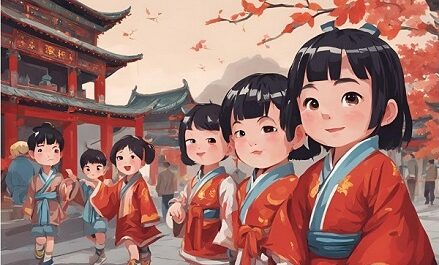Learn Chinese Idiom with Pinyin and English
- Idiom in Chinese-动如脱兔。
- Pinyin of Idiom– dòng rú tuō tù.
- Idiom’s Meaning in English-“动如脱兔” is a Chinese idiom that figuratively describes someone’s swift and agile movement, much like a rabbit escaping from danger. It suggests an unexpected burst of speed or action, often associated with a person’s quick reflexes or responsiveness.
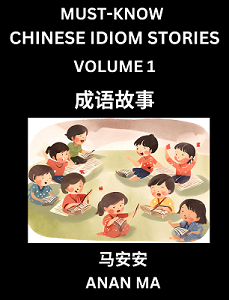

Chinese Idiom Stories Books (HSK All Levels):
- Books to Learn Chinese Idiom Stories (Part 1)
- Books to Learn Chinese Idiom Stories (Part 2)
- Books to Learn Chinese Idiom Stories (Part 3)
Learn Chinese Idiom Story in English (成语故事的英文)
In ancient times, there was a young man named Xiaoming. He was usually gentle and kind-hearted. However, whenever he encountered danger or a situation that required quick reaction, he would move as swiftly as a fleeing rabbit, without hesitation. Once, the village was besieged by a group of bullies. The villagers were panicking, but Xiaoming stepped forward bravely. He acted with the speed of a fleeing rabbit, quickly organizing the villagers to resist. With his wit and courage, he ultimately succeeded in driving away the bullies and protecting the tranquility of the village.
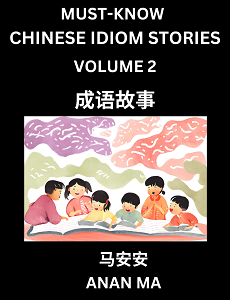
Learn Idiom Story in Chinese (成语故事)
在古代,有一个名叫小明的年轻人,他平日里性格温和,待人友善。然而,一旦遇到危险或需要迅速反应的情况,他就会像脱缰的野马,或是脱兔一般,行动迅速,毫不迟疑。有一次,村庄被一群恶霸围攻,村民们惊慌失措。在这危急关头,小明挺身而出,他动如脱兔,迅速组织村民进行抵抗,凭借他的机智和勇气,最终成功赶走了恶霸,保护了村庄的安宁。
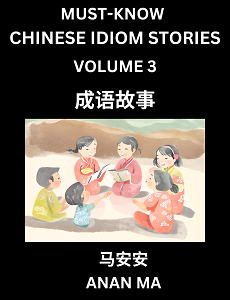
Learn Keywords with English, Simplified Chinese Characters, and Pinyin (关键词)
- 在古代(zài gǔ dài): in ancient times
- 年轻人(nián qīn): young person
- 平日(píng rì): On weekdays
- 性格(xìng gé): character
- 毫不迟疑(háo bù chí yí): Without hesitation
- 村庄(cūn zhuāng): village
- 迅速(xùn sù): rapid
- 组织(zǔ zhī): organization
- 村民(cūn mín): villager
- 凭借(píng jiè): rely on
- 恶霸(è bà): bully
- 保护(bǎo hù): protect
- 安宁(ān níng): peace
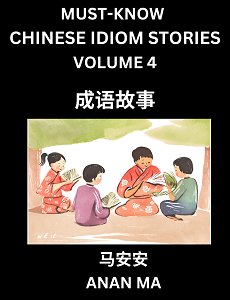
Pinyin of Idiom Story (故事的拼音)
Zài gǔdài, yǒu yīgè míng jiào xiǎomíng de niánqīng rén, tā píngrì lǐ xìnggé wēnhé, dàirén yǒushàn. Rán’ér, yīdàn yù dào wéixiǎn huò xūyào xùnsù fǎnyìng de qíngkuàng, tā jiù huì xiàng tuō jiāng de yěmǎ, huò shì tuōtù yībān, xíngdòng xùnsù, háo bù chíyí. Yǒu yīcì, cūnzhuāng bèi yīqún èbà wéigōng, cūnmínmen jīnghuāng shīcuò. Zài zhè wéijí guāntóu, xiǎomíng tǐngshēn ér chū, tā dòng rú tuōtù, xùnsù zǔzhī cūnmín jìnxíng dǐkàng, píngjiè tā de jīzhì hé yǒngqì, zuìzhōng chénggōng gǎn zǒule èbà, bǎohùle cūnzhuāng de ānníng.




